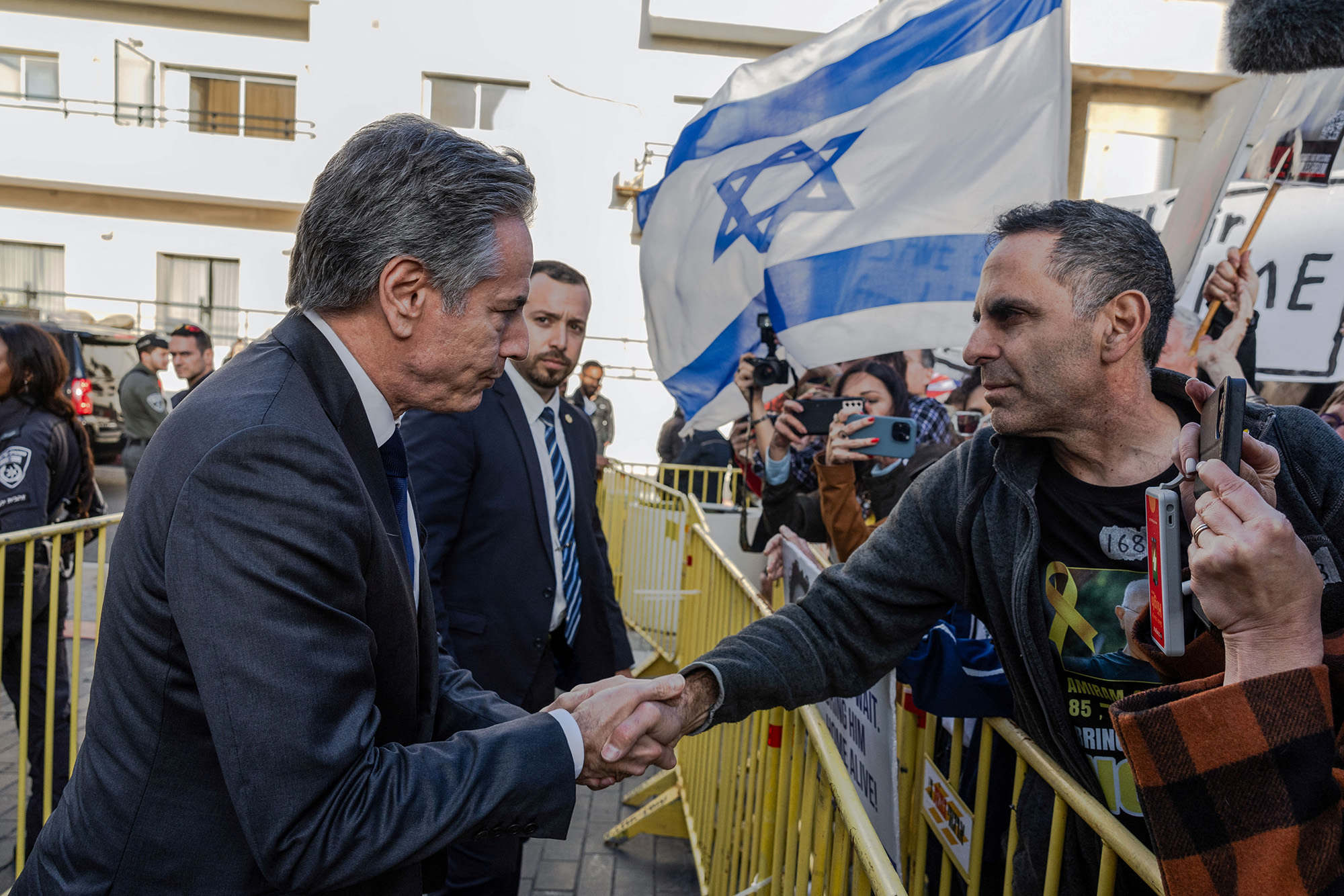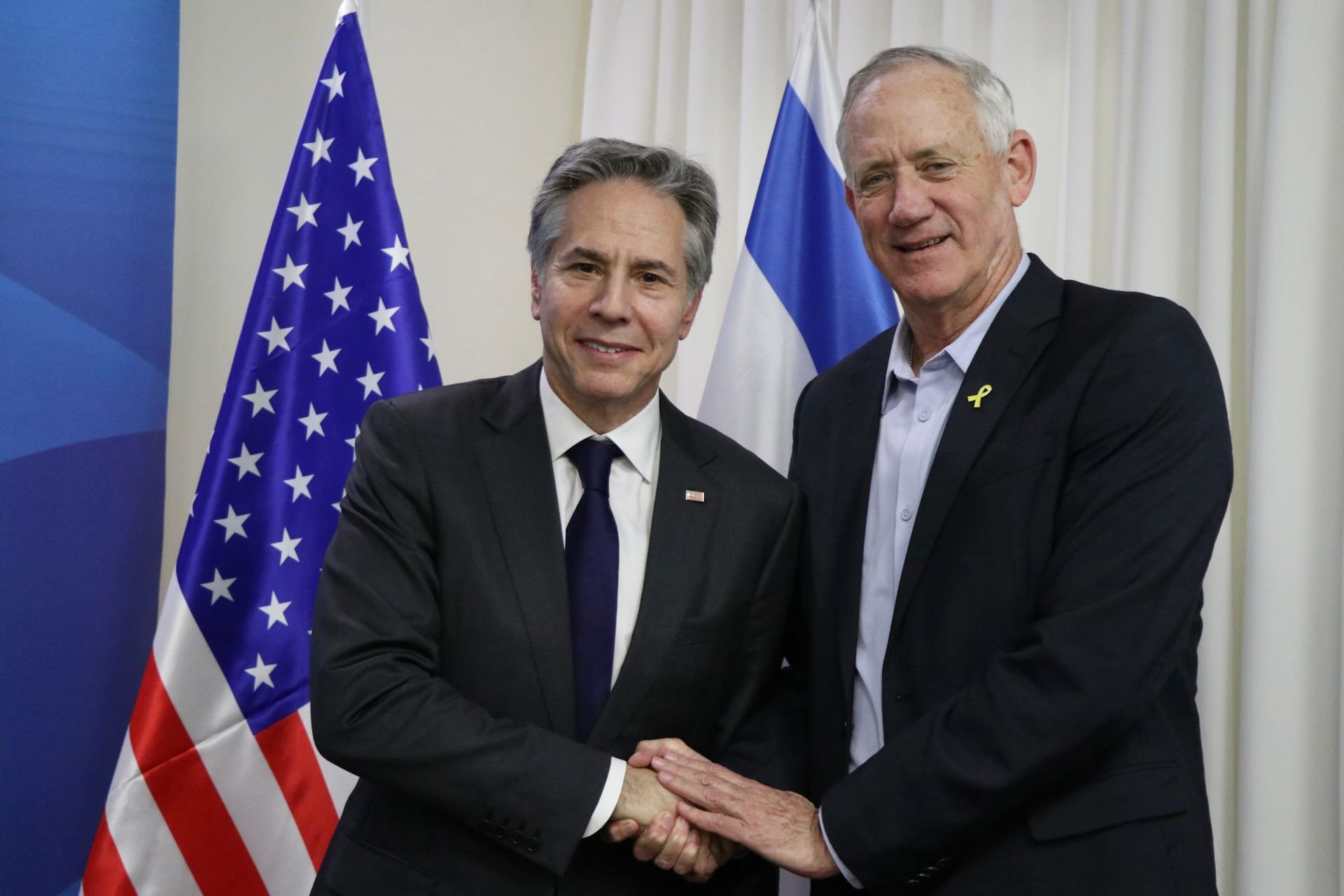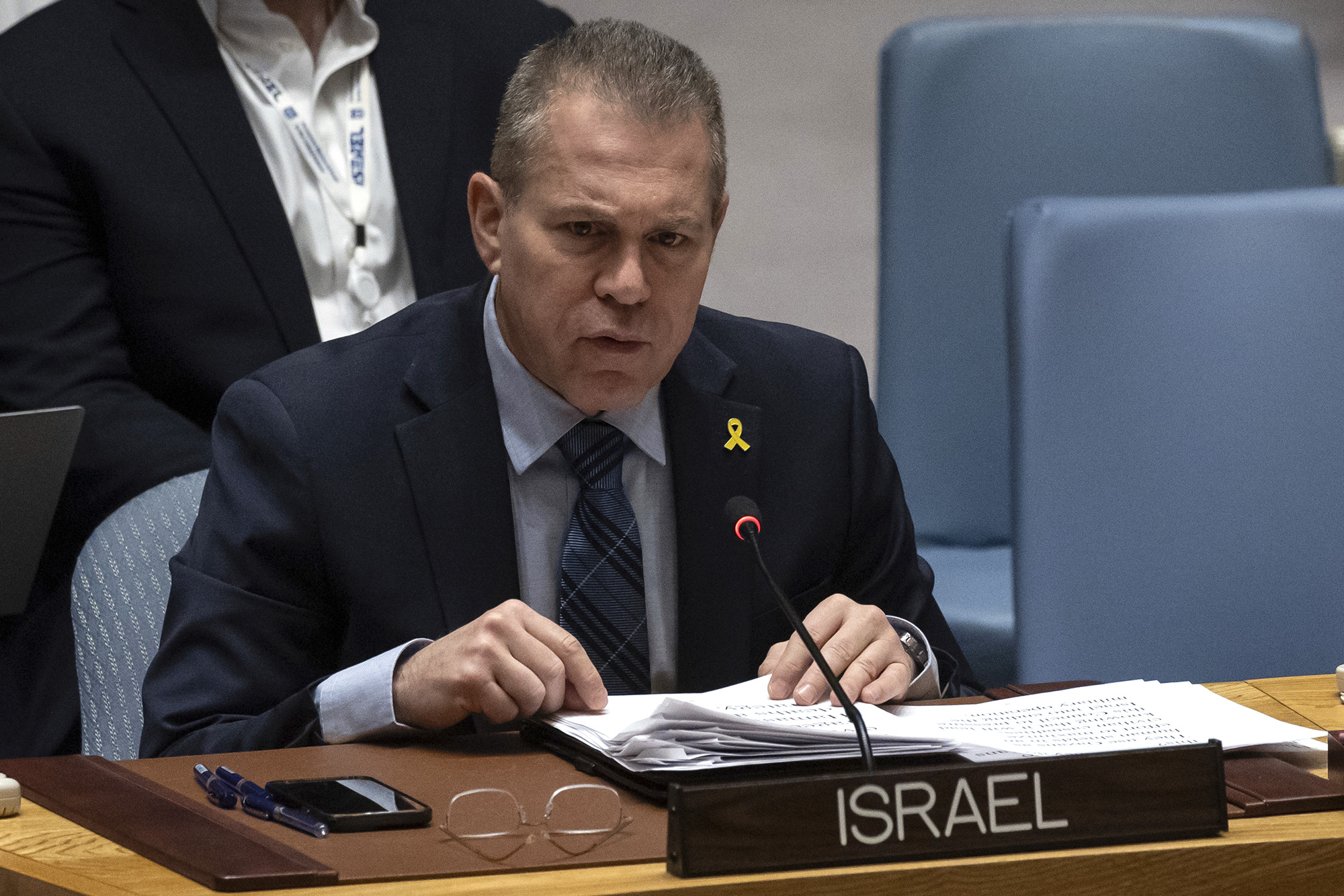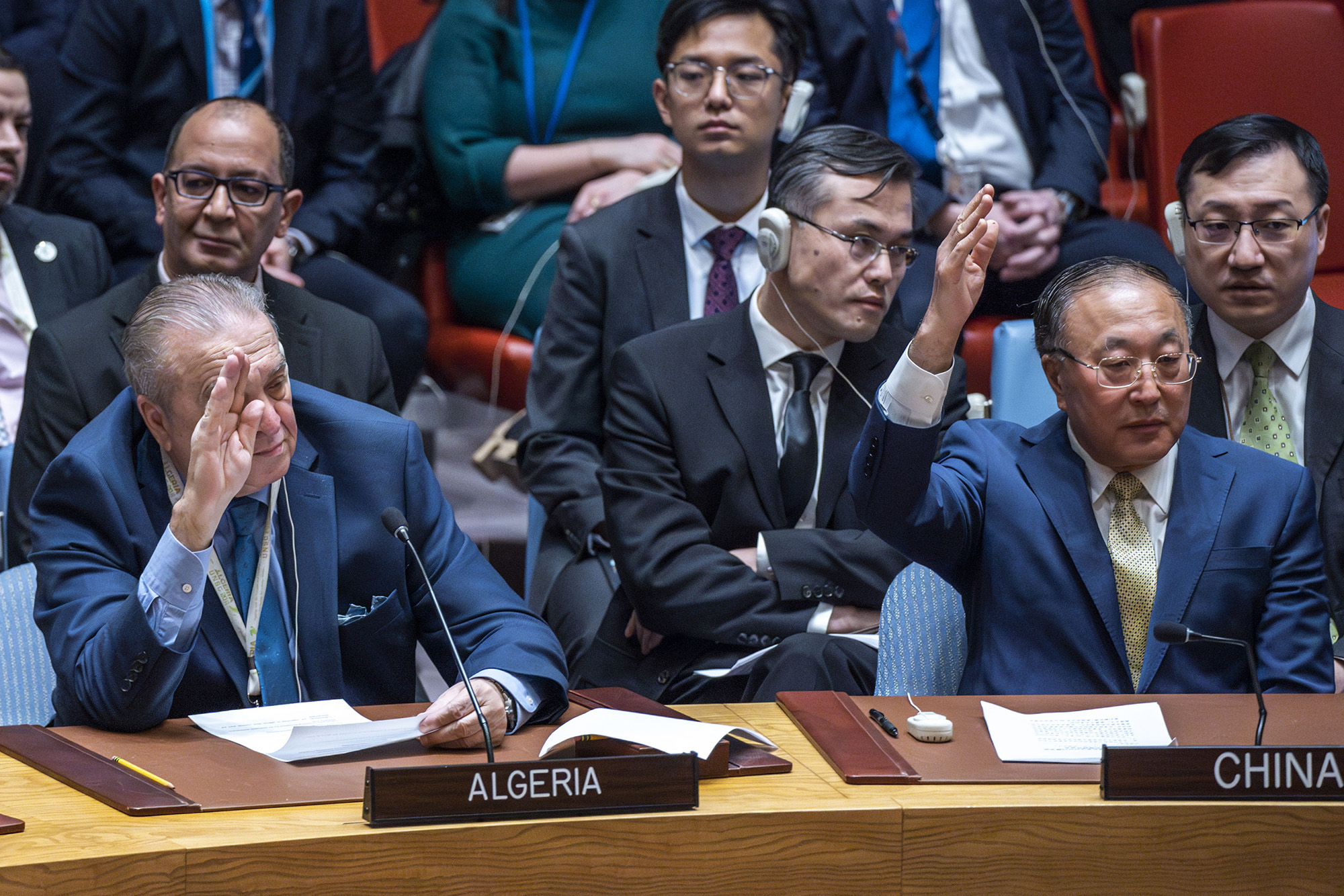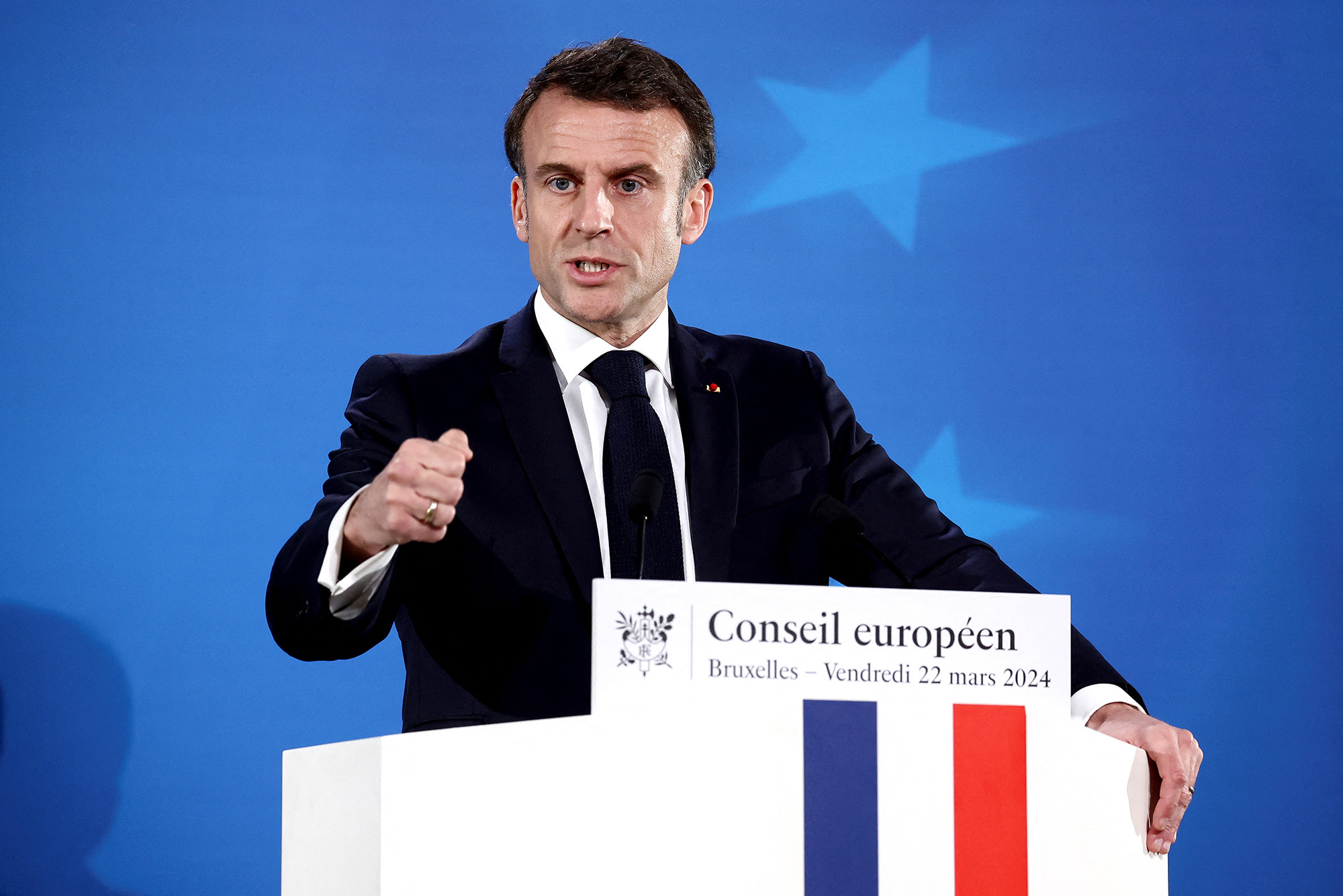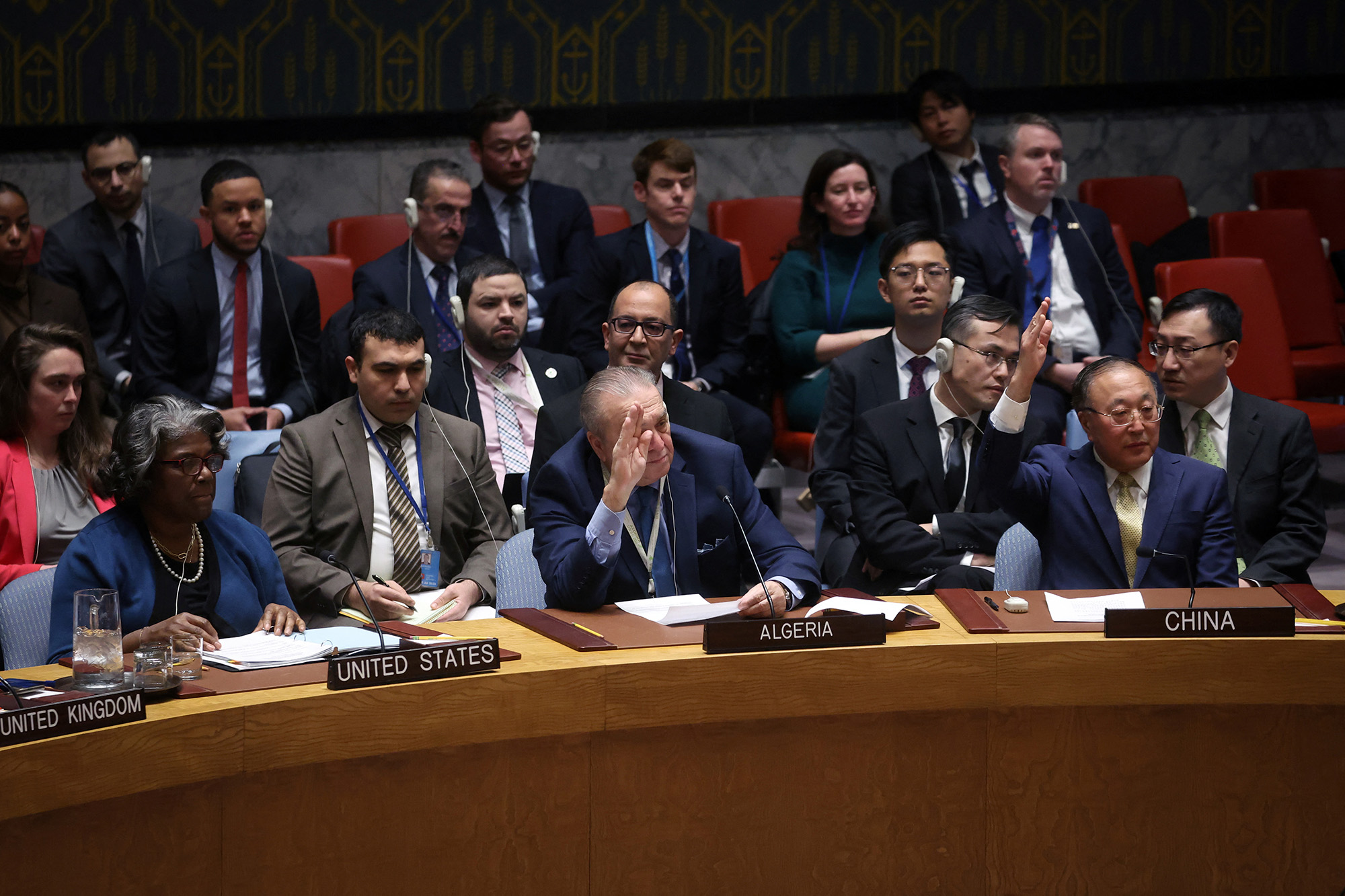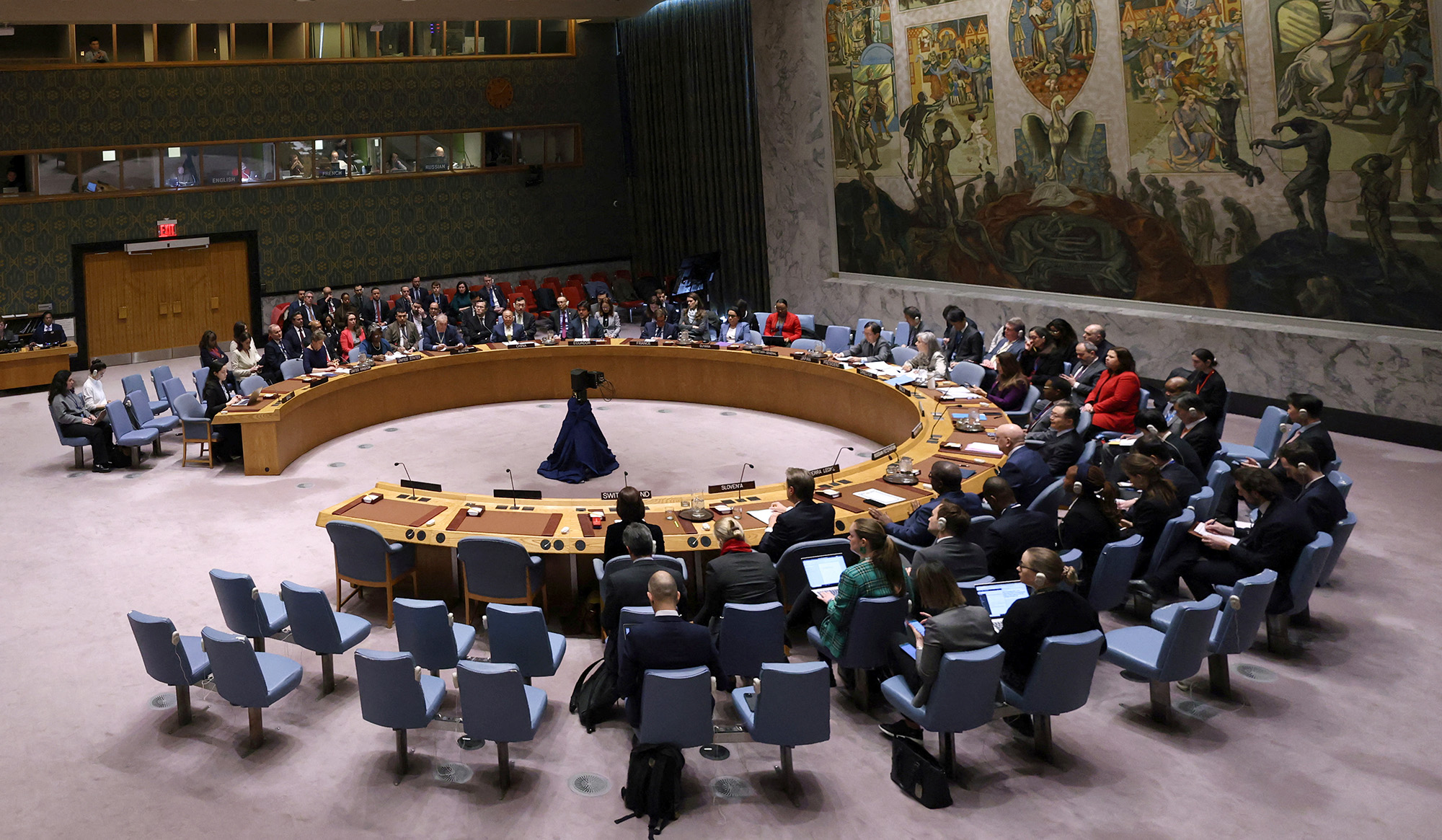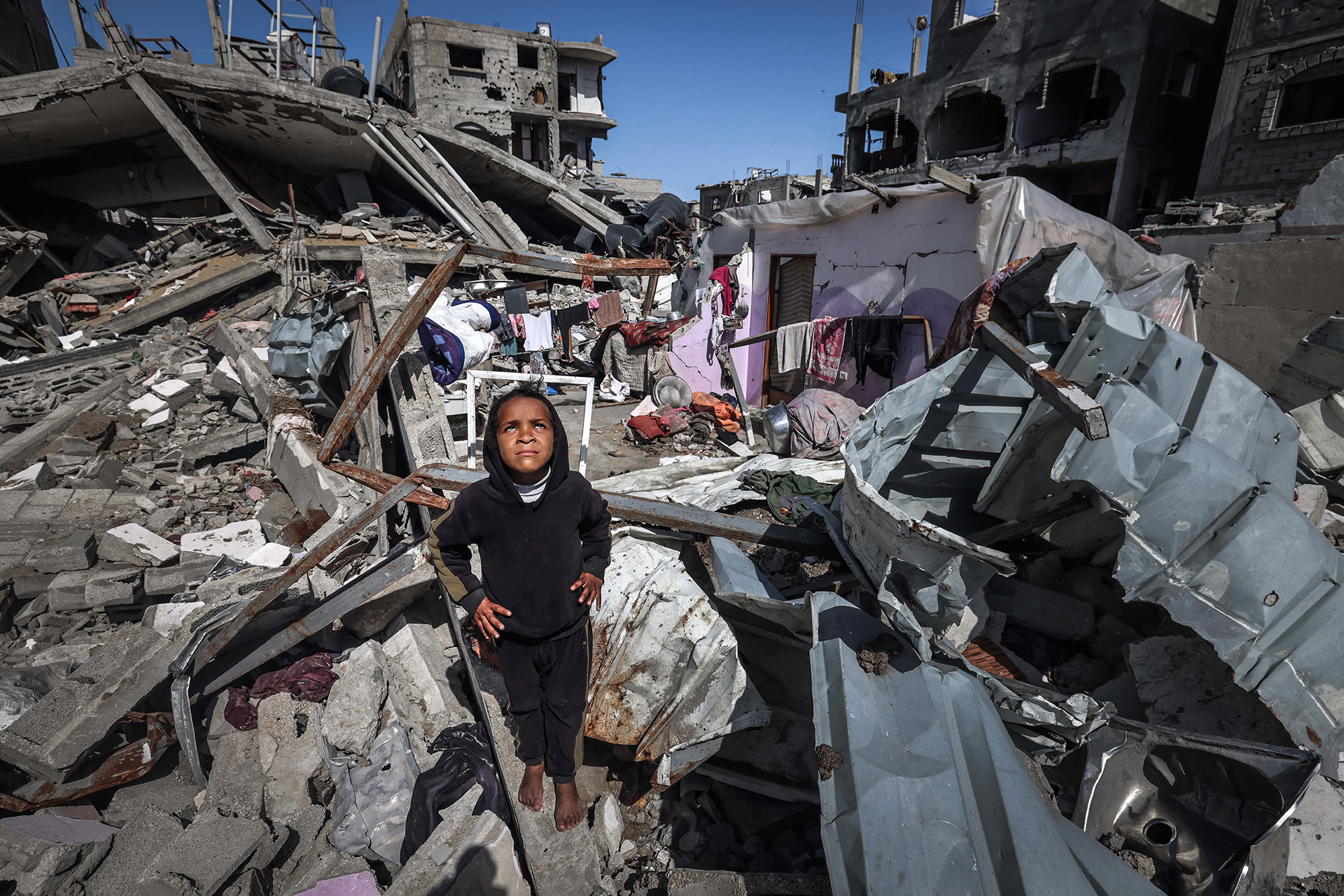
Israeli Prime Minister Benjamin Netanyahu said he will proceed with a ground offensive into the southernmost Gaza city of Rafah with or without US support, following a meeting with US Secretary of State Antony Blinken on Friday.
"There is no way for us to defeat Hamas without going into Rafah and eliminating the rest of the battalions there. And I told him that I hope we will do it with the support of the USA, but if we have to - we will do it alone," Netanyahu said in a video post on X.
Netanyahu also emphasized how appreciative he is that the US and Israel have been "standing together in the war against Hamas" for more than five months.
"I also told him that we recognize the need to evacuate the civilian population from the war zones and of course also take care of the humanitarian needs and we are working to that end," Netanyahu said.
More background: Over 1 million displaced people are sheltering in Rafah after fleeing northern and central parts of Gaza. Officials from Israel and the US are expected to meet in Washington next week to discuss alternatives to the looming offensive.
A displaced Palestinian in the city told CNN last month: “The bombing is getting closer slowly in Rafah. We do not know where we will go after Rafah.” He said conditions in Rafah are “very difficult,” describing a “large number of people, chaos, and high prices.”
